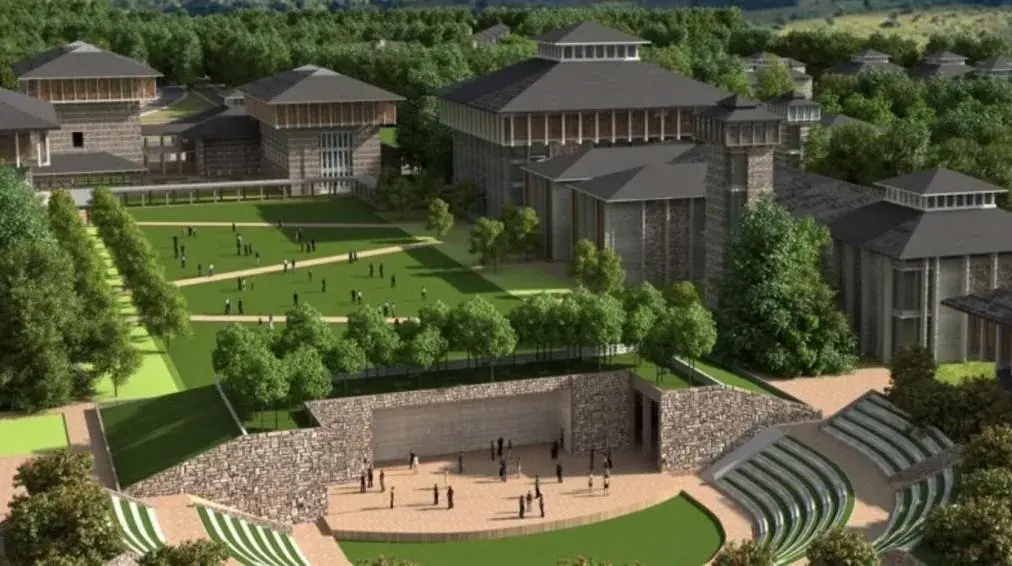“Insights from Mayur Ashok on Education, Community Impact, and the Role of Technology”
Kathawate Mayur Ashok, IAS Joint Collector & Addl. DM, Visakhapatnam expressed “Skilling is essential because there’s often a gap between what students learn in college and what is required in the workplace” Can you tell us about the significance of forums like these and how they help the community? Education is very complex, involving a large number of stakeholders. Conducting such conferences helps because, from the government’s point of view, we get to know the perspectives of each stakeholder, the challenges they face, and their contributions. With new technologies and stakeholders emerging, it’s crucial to adapt policies and improve implementation strategies, which these forums help us understand better. Under your leadership, you’ve worked on various administrative tasks. Could you highlight any community initiatives that have had a significant impact? One of our key initiatives has been involving parents in government schools through mega parent-teacher meetings, as parental involvement is generally less in government schools. We also started educational tourism in Vishakhapatnam, where students visit heritage sites in the city to learn about the local history and contributions to India’s legacy. This initiative helps make students more curious and innovative. How do skilling and employability programs play a role in community development, and have you implemented any sustainable programs? Skilling is essential because there’s often a gap between what students learn in college and what is required in the workplace. We focus on skilling marginalized sections through government programs like PM Kaushal Vikas Yojana, skill hubs, and skill colleges. We involve local companies for internships and direct skill training, helping students get absorbed into these companies. What role do new technologies, like digital transformations, play in improving sectors like education and governance in Vishakhapatnam? Technology plays a huge role. During elections, we use technology to communicate directly with citizens about their voting rights. The government of Andhra Pradesh is also planning to bring more services through WhatsApp and online platforms, making it more accessible to citizens. We also run awareness campaigns on cyber fraud, educating the public about prevention methods. The event is named ‘New Normal Education Leadership Summit and Award.’ What does the term “New Normal” mean to you? The term “New Normal” refers to the rapid changes we are witnessing. What used to take 20-30 years for change is now happening within 2 years due to advancements in technology like AI, machine learning, and big data. For me, the New Normal is technology—whenever new technology emerges, it becomes the new normal.
“Insights from Mayur Ashok on Education, Community Impact, and the Role of Technology” Read More »



